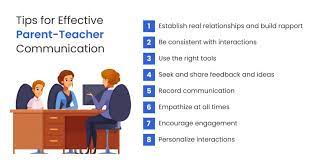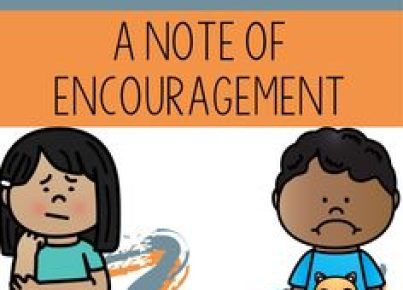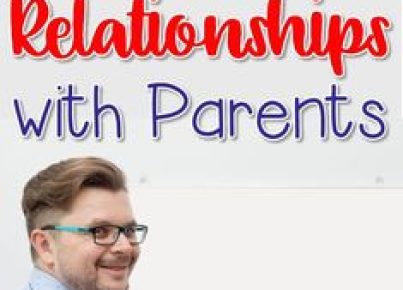As educators and parents navigate the complex landscape of a child’s education, effective parent-teacher communication stands as a critical factor in supporting student success. Below are strategies and tips to foster a constructive and ongoing partnership between parents and teachers.
1. Open Communication Channels: Establish clear and open channels for communication. This could include regular newsletters, emails, phone calls, or use of school-provided digital platforms where progress and concerns can be shared routinely.
2. Scheduled Conferences: Hold regular parent-teacher conferences to discuss students’ achievements and areas of improvement. These face-to-face meetings can build trust and allow for detailed conversations about the student’s educational journey.
3. Utilize Technology: Take advantage of technology to enhance communication. Apps and online portals where teachers can post updates and parents can view their child’s progress make information accessible and encourage parent engagement.
4. Create a Positive Dialogue: Approach each interaction with positivity, focusing on strengths as well as areas for growth. Recognising achievements encourages students and avoids making communication seem solely like a channel for addressing problems.
5. Cultural Sensitivity and Inclusivity: Be sensitive to cultural differences in communication styles and preferences. Offer translators or written materials in home languages when needed to ensure that all families can engage effectively.
6. Parent Involvement: Invite parents to participate in classroom events or volunteer opportunities. When parents are involved in school activities, they gain insights into the educational environment which supports better conversations about it.
7. Educational Workshops for Parents: Organize workshops that help parents understand curriculum content, teaching methods, or assessment criteria. Educated parents can better assist their children and have more meaningful discussions with teachers.
8. Set Communication Expectations Early: At the start of each academic year, outline how often you’ll communicate with parents, the best times for them to reach you, and what issues require immediate contact versus what can wait for scheduled meetings.
9. Be Proactive with Concerns: Don’t wait for small concerns to become larger issues before communicating with parents. Bringing concerns up early allows for collaboration on solutions before problems escalate.
10. Listening Skills: Encourage active listening during conversations with parents; acknowledge their concerns or suggestions, which shows respect for their role in their child’s education.
11. Feedback Channels for Parents: Provide opportunities for parents to give feedback on various aspects of their child’s school experience including communication with teachers—this feedback can be used to improve strategies over time.
12. Confidentiality: Ensure that all communications maintain confidentiality regarding student information unless sharing is agreed upon by all involved parties for the purpose of assisting the student.
Implementing these strategies will facilitate a more dynamic partnership between educators and families, setting the stage for effective collaboration geared toward the best interests of the students’ learning experiences. By prioritizing clear, open, and positive interactions tailored to meet diverse needs, both parents and educators can work together towards fostering an environment conducive to educational excellence.





